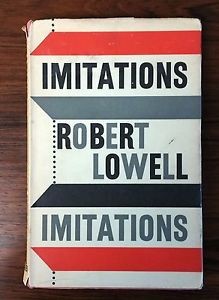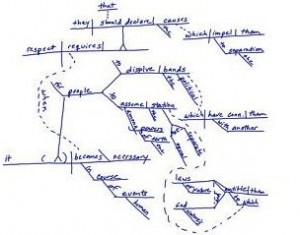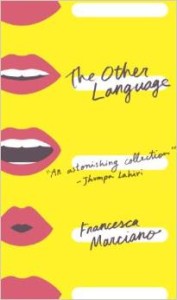 I’ve been reading some essays by C.K. Williams (who wrote last week’s poem). In one essay he talks about reading a book by Robert Lowell, Imitations, which broke open a new way of thinking about poetry.
I’ve been reading some essays by C.K. Williams (who wrote last week’s poem). In one essay he talks about reading a book by Robert Lowell, Imitations, which broke open a new way of thinking about poetry.
Imitations was influential and controversial. Lowell took poems in other languages and rather than translate them, he created his own poems in English inspired by them. Many deplored this technique, finding it arrogant and disrespectful. But it definitely gave poets something to think about. For Williams, it “released something in me I hadn’t grasped had been keeping me from moving ahead in my own work.”
How amazing it is that books can crack you open, can shed light into your own struggles and world view. Continue reading “Books that change your life”

